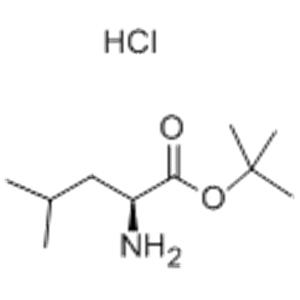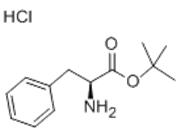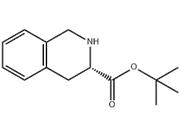Biochemical Research and Drug Discovery: As a leucine derivative, L-Leu-OtBu·HCl serves as a crucial tool in biochemical research. It allows scientists to investigate the role and interaction of leucine in biological systems, leading to a deeper understanding of its biological functions. Furthermore, its unique structural properties may offer promise in drug discovery efforts, potentially exhibiting therapeutic activity against certain diseases or conditions.
Peptide Synthesis and Protein Engineering: L-Leu-OtBu·HCl is a valuable building block in peptide synthesis. It enables researchers to construct peptides and proteins with tailored properties and functionalities, essential for protein engineering applications. By modifying amino acid sequences, peptides and proteins can be designed to exhibit enhanced stability, activity, or binding affinity.
Material Science and Organic Synthesis: The chemical properties of L-Leu-OtBu·HCl make it a useful reagent in organic synthesis. It can be utilized to prepare complex organic molecules with desired functionalities, contributing to the development of novel materials with unique physical and chemical properties.
Education and Research Experiments: In academic settings, L-Leu-OtBu·HCl provides students and researchers with an opportunity to explore its reactivity and properties through hands-on experiments. It can be used in chemistry and biochemistry experiments, enhancing understanding of amino acid chemistry and its applications. | 

 China
China

